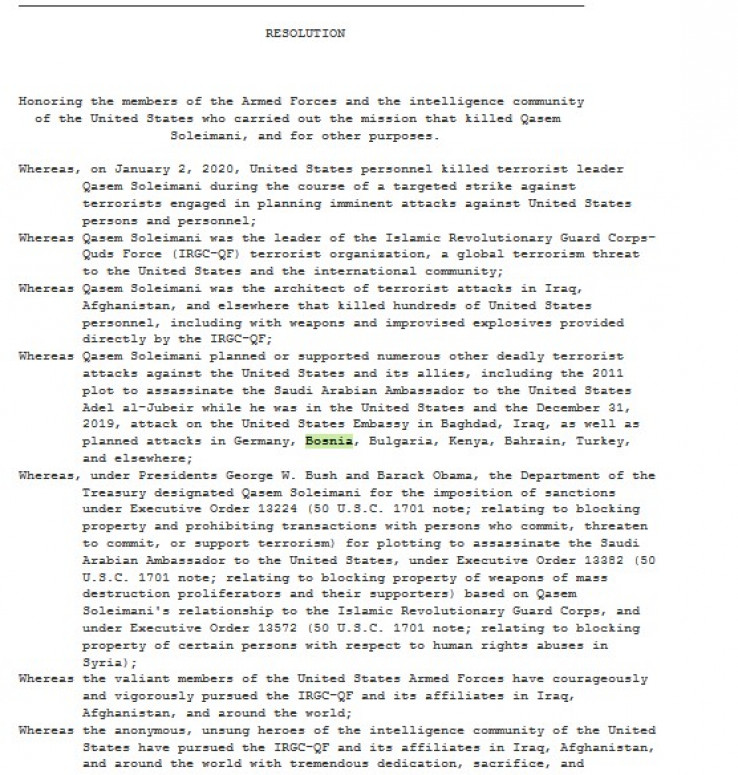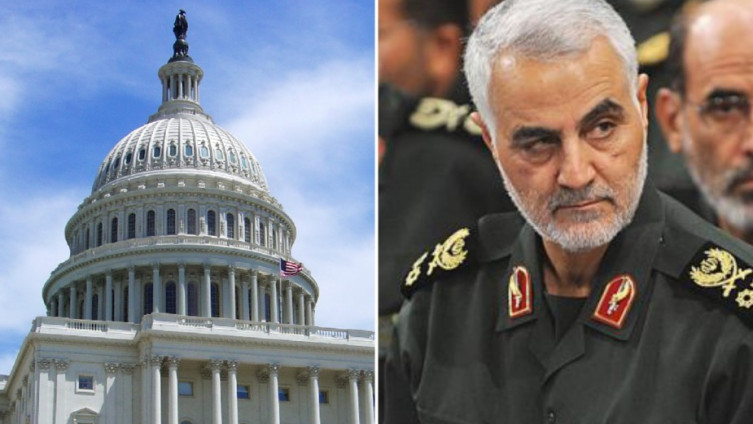Omar Saeed Sheikh, a London-born Muslim, reacted by threatening to kill the judge and calling for a jihad against "Kafirs" (non-Muslims).
Sheikh, 38, was accused during the trial – held at a court that was closed to the public in Hyderabad – of playing a key role in the abduction of Mr Pearl, a reporter with The Wall Street Journal, in the Pakistani city of Karachi.
The dismembered body of Mr Pearl, also 38, was found in a shallow grave. A videotape was later circulated in which his captors forced him to say that he was Jewish before cutting his throat. Mr Pearl's widow, Mariane, was pregnant at the time of his disappearance, and she has since given birth to their son, Adam.
After the verdict, Mr Pearl's family thanked the authorities for bringing Sheikh and three accomplices, who were sentenced to life imprisonment. But they added: " We hope and trust that the search for the remaining abductors will continue, so that all accomplices in this unthinkable crime will be brought to justice."
There is widespread suspicion that the Pakistani secret service, InterServices Intelligence, had been complicit in the murder, and had subsequently protected Sheikh.
Security sources have told The Independent that a senior ISI officer, based in London, had paid for Sheikh's legal fees in the mid-1990s when he was under arrest in India on charges of kidnapping four tourists, three Britons and an American.
After the sentence, Sheikh issued a statement from his prison cell saying: "I will see whether who wants to kill me, will kill me first, or get himself killed ... It is a decisive war between Islam and Kafirs, and everyone is individually proving on which side he is."
The Foreign Office welcomed the guilty verdicts, but said it was opposed to the death penalty. Sheikh's family, in London, called it "a grotesque miscarriage of justice", and pledged to fight for his release.
His brother Awais said in the statement: "I have recently returned from Pakistan, and all I can say is that this 'trial' has been farcical to the point of absurdity. The Pakistani anti-terrorism courts are notorious for the substantially weaker standards of proof required for a conviction ... An appeal is being prepared to take this matter to the High Court. We are confident that Sheikh will be found innocent and acquitted."
That, at least, is the official British, American, Indian and Pakistani view of Sheikh. His parents claim he was nothing of the kind, but just an idealistic charity worker moved by suffering.
In this case, the truth does not lie somewhere in the middle. By all available evidence, and his own boasts, freely offered, of lethal violence, he was complicit in not just one, but numerous murders.
It may be a cliché to ask what turned this upper-middle-class boy with a liberal education at a minor public school to embrace Osama bin Laden's obscurantist brand of Islam and homicidal anti-Semitism.
However, there are no easy answers. There are, of course, generations in the West who went off to fight in what they considered a just cause – from the International Brigade fighting Franco, to those of Irish extraction who joined the IRA.
But until he suddenly announced that he wanted to campaign for oppressed Muslims, there is nothing in his background to suggest he would become so notorious.
His father, Saeed Sheikh, who ran his own successful clothing company, and his mother, Qauissia, are Muslims who go to the mosque, but are not particularly strict in their practice. The family home, in Wanstead, north-east London, is in an area that up-and-coming businessmen aspire to.
Sheikh was born, under the NHS, at the nearby Whipps Cross Hospital. Later the couple had two other children, Awais and Hajira.
He went to the local primary school, Nightingale, and was then moved to Forest, with fees of £8,000 a year, where fellow pupils included the future England cricket captain Nasser Hussain and Manchester United's South African-born player Quinton Fortune.
When Sheikh was 13 the family moved back, temporarily, to Pakistan. It has been suggested that this was because his father was worried about the moral pollution of the West. Sheikh's journey into extremism began then. But relations say the move was due to family and commercial reasons.
When Sheikh was 16 the family moved back to England, and he resumed his studies at Forest. He was bigger and more muscular, and bragging that he had hijacked a bus in Pakistan and had become a national kickboxing champion. The latter was untrue, but he had taken up arm-wrestling and qualified for international events after, his schoolfriends say, winning some contests by lowering his age to fight younger opponents.
Sheikh was expelled from Forest for bullying and beating up younger pupils and demanding money from them. His parents sent him to a "crammer", and he gained the required A Level grades to get into the London School of Economics to read mathematics and statistics. While there, Sheikh went during a summer vacation to Bosnia, then in the middle of the Balkan war, to work for a Muslim charity called Convoy of Mercy. He met up with mujahedin fighters supporting the Bosnian forces against the Serbs and Croats.
At Split, near the Croatian border, Sheikh became ill. Abdur Raif, a Pakistani who had fought in Afghanistan, helped him recuperate, and pointed him towards Mr bin Laden's training camps in Afghanistan.
Sheikh arrived in Lahore, Pakistan, in 1994. From there he crossed to the Khalid bin Waleed training camp in Afghanistan.
Later that year Sheikh returned to Britain, where dropped his dual Pakistani and British nationality for a British one to get an Indian visa. He next turned up in Delhi for his first mission – to kidnap Western tourists for ransom. His victims were backpackers whom he invited back to his flat, where they were seized by waiting Kashmiri terrorists.
A few weeks later Indian police rescued the hostages. Sheikh was wounded and treated at a private hospital, where he was kept under guard. With the trial still pending, Sheikh was released in December 1999 when Islamist terrorists hijacked an Indian Airlines plane to Kandahar.
Sheikh is believed to have returned to his family home in Lahore. But he retained his terrorist links and his next big operation came after 11 September. This time his victim was Daniel Pearl.









